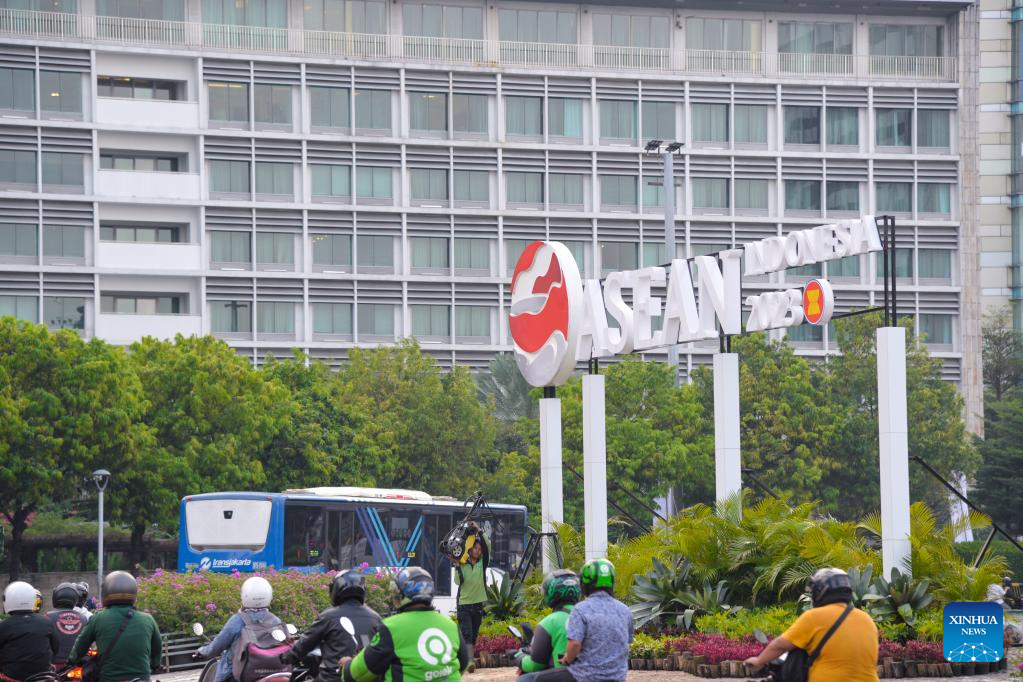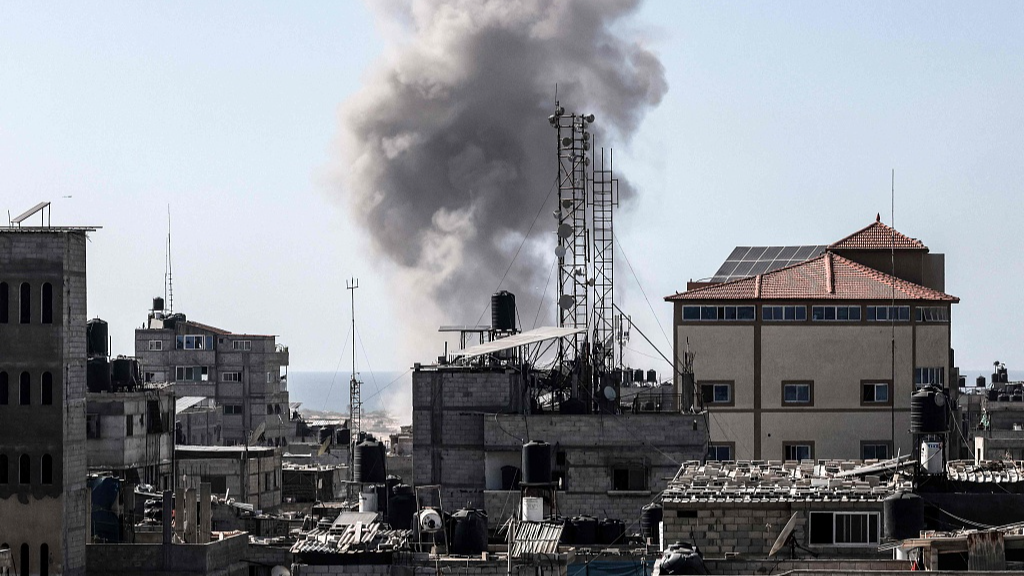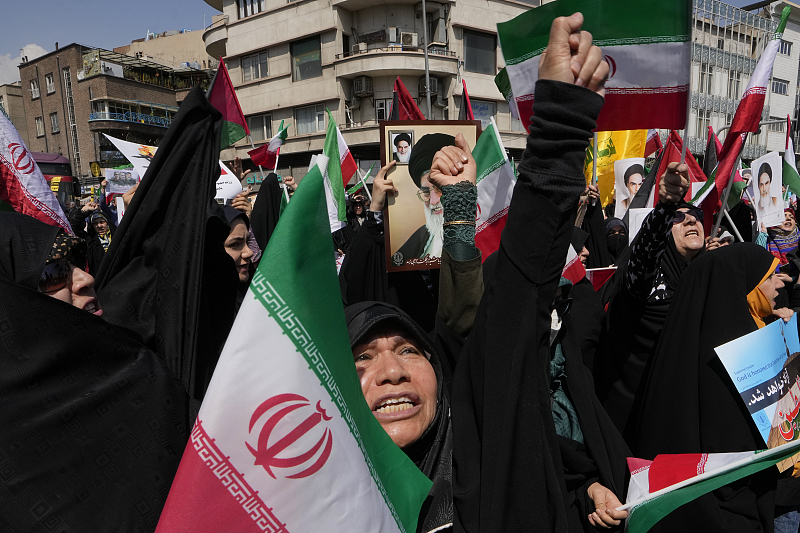JAKARTA, May 6 (Xinhua) — Indonesian experts believe economic growth, ASEAN centrality and de-dollarization are among the topics to be highlighted at the upcoming 42nd ASEAN Summit.
The ASEAN (Association of Southeast Asian Nations) summit and related meetings this year are scheduled to be held from May 9 to 11 in Indonesia’s Labuan Bajo, a tourist town in East Nusa Tenggara province.
According to the Indonesian Foreign Ministry, eight meetings in plenary and retreat formats are scheduled to be held, seven of which will be chaired by Indonesian President Joko Widodo.
Anggito Abimanyu, an economic expert from Gadjah Mada University based in Yogyakarta, said the Summit theme “ASEAN Matters: Epicentrum of Growth” shows that the regional bloc has become more confident to be one of the world’s economic engine houses.
However, “ASEAN countries are still facing difficulties like high inflation in their own economic conditions, particularly in this post-pandemic era. Therefore, it’s crucial for delegates to seek efficient measures to create a stable and encouraging environment so as to ensure regional economic growth and independence,” said Abimanyu.
As Southeast Asia’s largest economy, Indonesia shoulders responsibility in leading the economic mission for ASEAN, said Adhitya Wardhono, a researcher at University of Jember in East Java province.
For Southeast Asian countries, many expect this Summit to strengthen regional economic capability and competitiveness in the global landscape, and push for a more inclusive digital transformation, said Wardhono.
ASEAN has made efforts to strengthen its central role in dealing with regional issues in recent years. Shofwan Al Banna Choiruzzad, executive secretary of the ASEAN Study Center of Social and Political Sciences Faculty at University of Indonesia, believes that the bloc should be able to translate the ASEAN Outlook on the Indo-Pacific (AOIP), “including concrete cooperation which has an impact on the centrality of ASEAN in the Indo-Pacific.”
He has highlighted post-pandemic recovery amid a global economic slowdown, geopolitical tension, and complex challenges from within the region as the major challenges facing ASEAN currently.
Humphrey Wangke, researcher from the political research center under the National Research and Innovation Agency (BRIN), said in a recent interview with Xinhua that ASEAN should optimize its centrality, which has met real challenges from the establishment of trilateral AUKUS comprising Australia, Britain and the United States, noting “This has a potential threat to peace and stability in Southeast Asia.”
From Wangke’s perspective, ASEAN centrality should be directed to be ASEAN-oriented. That’s why member countries at the Summit are expected to show stronger unity and uphold decision-making mechanism consistent with the ASEAN Charter, he said.
The Indonesian Employers Association (Apindo) sees that Indonesia could drive regional de-dollarization through its 2023 ASEAN chairmanship.
“Various strategic policies on de-dollarization must be discussed in a structured manner at the ASEAN Summit,” said Ajib Hamdani, head of Apindo’s Economic Policy Analyst Committee, in an official statement released recently.
In his opinion, de-dollarization becomes a global phenomenon and to some extent, an economic orientation.
At the end of March, ASEAN finance ministers and central bank governors meeting agreed to reinforce the use of local currencies in the region and reduce reliance on major international currencies for cross-border trade and investment in an effort to ensure financial stability and avoid spillovers such as high inflation from global crisis.
Improving the regional payment interconnectivity is very likely to be mentioned at the Summit, including the expansion of cross-border payment instruments, said Abimanyu, expert from Gadjah Mada University.
During Indonesia’s Group of 20 (G20) presidency last year, a memorandum of understanding (MoU) was inked by the central banks of Indonesia, Malaysia, the Philippines, Singapore and Thailand, on developing an interoperable QR code-based payment system based on local currency settlement (LCS).
ASEAN groups Brunei, Cambodia, Indonesia, Laos, Malaysia, Myanmar, the Philippines, Singapore, Thailand and Vietnam.

 News6 days ago
News6 days ago
 World5 days ago
World5 days ago
 Sports7 days ago
Sports7 days ago
 World4 days ago
World4 days ago
 Business6 days ago
Business6 days ago
 News3 days ago
News3 days ago
 News5 days ago
News5 days ago
 News4 days ago
News4 days ago

















